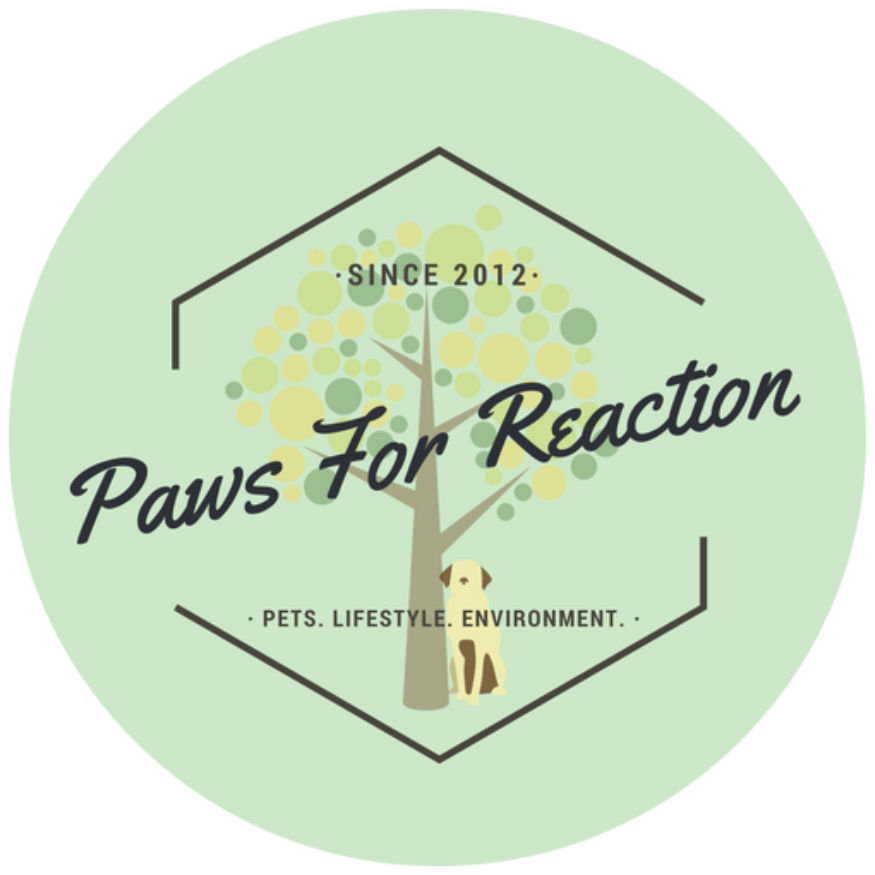It's 2021: Time to stop calling women hysterical
I was moderating comments on my blog and discovered a comment left on my article Real talk: Does a veterinary hospital have to see your pet?. It said the article was very "crass" and should have "a rant warning." To be fair, in the first paragraph of the article I state I'm aware I'm going to ruffle some feathers and the article may sound harsh. The male commenter then said the article was "obviously written by a hysterical woman. Yikes." After some consideration, I deleted it.
I don't usually delete comments and it made me feel uneasy. I'm not afraid of negative comments or easily offended. I deleted the comment because of inappropriate language. I'm sure some of you are thinking: What do you mean by inappropriate language? The commenter didn't use profanity or slurs. The commenter (a male) called me a "hysterical woman." If you're aware of the history of the word hysterical and the 'hysteria' illness it's derived from, you'll understand why the word is offensive to women.
At first, I laughed off his comment. But the more I thought about it, the more grateful I was. An opportunity had presented itself to address a topic I wouldn't have thought of without his encouragement: Women and hysteria. For those who don't know the history of the word hysterical and how it has been weaponized against women, I'll give you a brief overview. I'll also share the story of a Canadian feminist I admire. There are many women in society thought to be hysterical for the way they live and share their views, opinions, and expectations for equality. I guess I should have a "rant warning" for this article.
A brief history of hysteria
The word hysterical evolved from the word hysteria. Hysteria was a disorder that dates back to Ancient Egypt. An article by McGill University states "before its classification as a mental disorder, hysteria was considered a physical ailment, first described medically in 1880." Historically, when you call a woman hysterical you are weaponizing mental illness to shame her.
'Hysteria' was thought to only affect people with a uterus- that's right, ladies. The word's origin is from the Latin word hystericus which translates to 'of the womb.' Symptoms of hysteria included anxiety, nervousness, depression, insomnia, fainting, irritability, agitation, and sexual forwardness. Most commonly, women were treated for hysteria if they were emotional, homosexual, or comfortable with their sexuality. The female-only illness subjected women to quack medical treatments including attempts to move the uterus, scent therapy, lunar therapy, cupping, leeches on the genitals, and external vaginal stimulation performed by the physician. External vaginal stimulation is EXACTLY what you think it is. Treatment of hysteria played a big role in the invention of the vibrator. The silver lining of a dark history.
The hysteria diagnosis was phased out in 1980, only four years before I was born. Throughout history, women have been knocked down and held back by female-baiting words like shrill, crass, crazy, and hysterical. An article in The Guardian by Gary Nunn discusses the feminization of madness and the danger in using language like 'hysterical.' A male writer would be less likely to receive a comment like I did calling him crass or hysterical. He would be considered strong for taking the stance I did. He'd be a boss. Language like this has contributed to the disproportionate number of men versus women in positions of power, high-level jobs, and academia. While we have come a long way since the Women's Sufferage Movement, there is still work to be done.
Species, science, and sexism
Dr. Anne Innis Dagg is a Canadian zoologist, biologist, and researcher who has dedicated her life to studying giraffes. She traveled to Africa in 1956 with little money and no backers. She is credited as being the first scientist to study giraffes in the wild. She is one of the first people to study animal behavior in the wild so closely. She is also a feminist. She was subjected to gender discrimination that spanned most of her career. After her pioneering study of giraffes, she returned to Canada to work as a professor and publish her data. She was famously denied tenure with the University of Guelph because she was a woman, and was forced to abandon her work because of sexism she faced in the academic and scientific community.
Dr. Innis Dagg witnessed other qualified women in academia be denied tenure. She claims the university had many "cop-outs" they used as excuses and she even called the tenure review process a "demoralizing" experience. She was also employed with the University of Waterloo part-time, but they would not hire women for full-time positions or pay them the same as male professors. Four years after Dr. Innis Dagg returned from Africa, Dr. Jane Goodall would become famous for her trip to Tanzania to study chimpanzees.
Dr. Innis Dagg has recently been issued apologies and awards from the universities and other scientific organizations, but it can't make up for a career stifled by sexism and inequality. The words we use are powerful. To the male commenter who will likely think I'm crass or hysterical for writing this: I'm a person and I have a right to my voice. Women are free to express themselves passionately. We are not hysterical; we are strong, passionate, and informed.
I won't apologize for expressing myself. I won't apologize for having an opinion. Some people won't agree with what I have to say. Some won't like it. That's okay. What's not okay is using offensive language like hysterical- a word historically weaponized against women to shame them for how they feel, how they express themselves, and how they embrace their sexuality- against me. Because you will be deleted.
























0 Comentarios